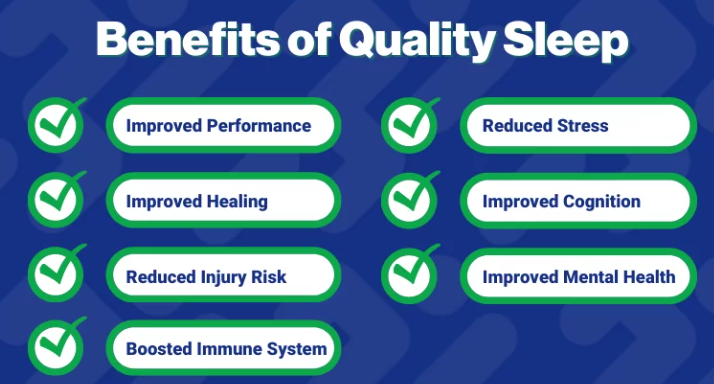When the brain learns new information, chemical reactions occur that improve memory and learning in the future.
Ever felt like your brain is full and just can’t contain any more knowledge for the day? Apparently, the opposite is likely true. See, according to a new study from the University of British Columbia, learning physically alters our brain cells to make stronger connections for… well… better learning!
There’s a small fatty acid that attaches to a protein called “delta-catenin”, creating a chemical combo that improves learning-related brain functions. Animal tests showed that there’s basically double the amount of upgraded delta-catenin in the brain after creatures learn about a new environment. This latest study found that these chemical changes actually improve memory formation.
Since bad delta-catenin connections have been observed in people with certain learning disabilities or psychological disorders, this study may find a way to overcome that malfunction. Study co-author Shernaz Bamji says, “More work is needed, but this discovery gives us a much better understanding of the tools our brains use to learn and remember, and provides insight into how these processes become disrupted in neurological diseases.”











